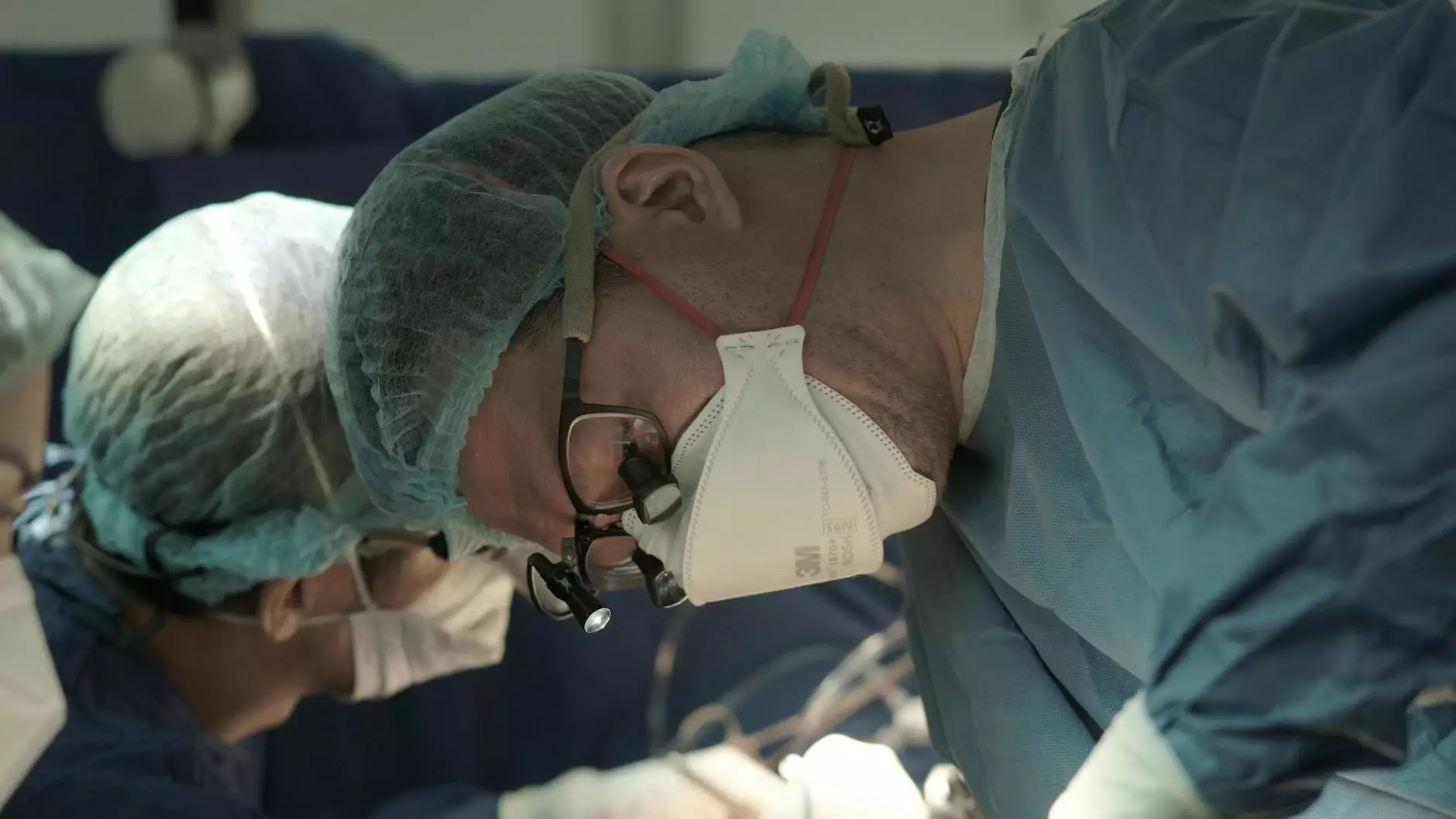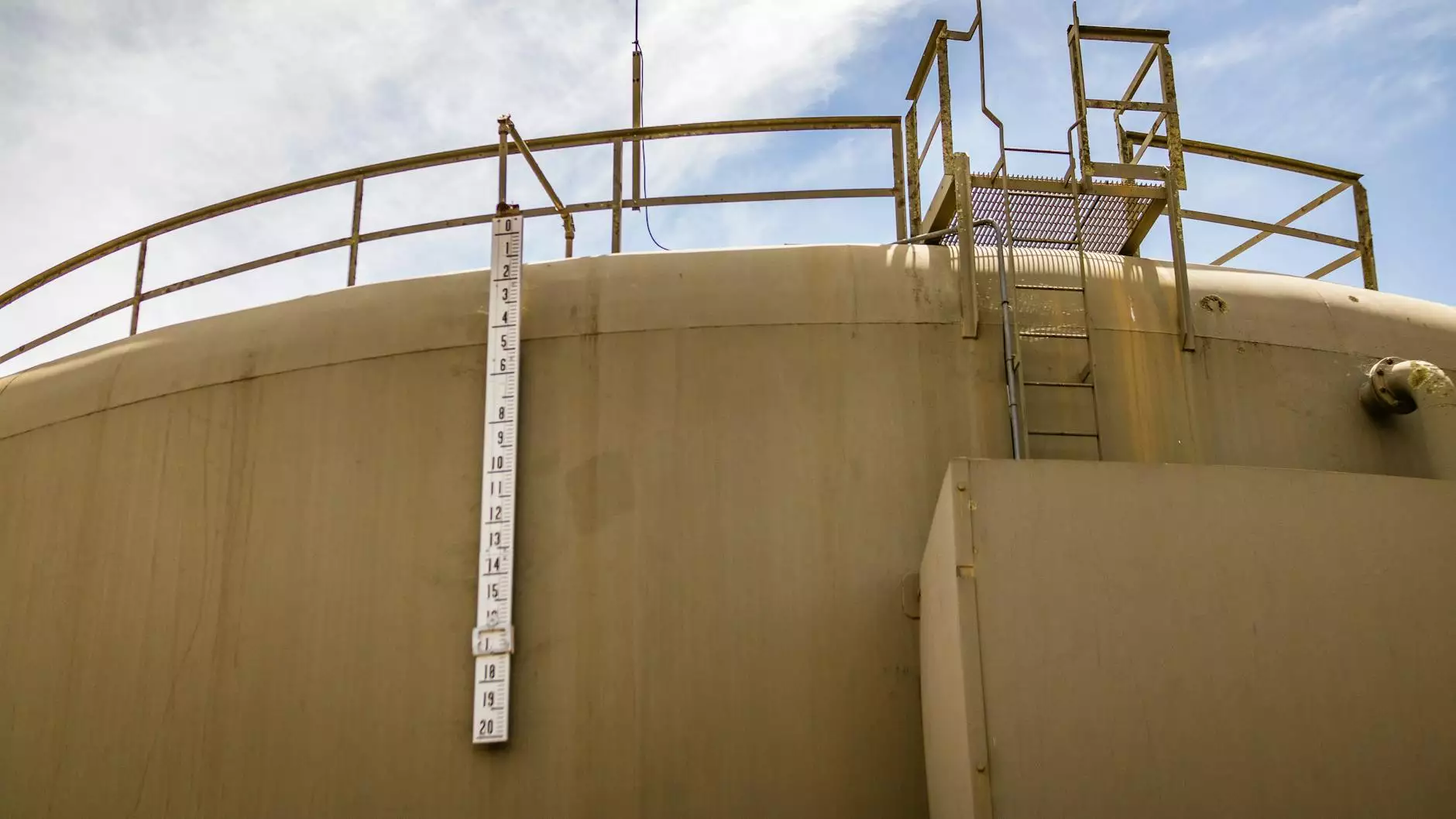Pectus Excavatum Surgery Cost: A Comprehensive Guide

Pectus excavatum is a common congenital condition that affects the chest's appearance and can impact lung and heart function. Many individuals seek surgical intervention to correct this condition for both aesthetic and health reasons. Understanding the pectus excavatum surgery cost is crucial for prospective patients and families. This detailed guide will explore the various factors influencing the cost of surgery, financing options, and the overall benefits of undergoing this procedure.
Understanding Pectus Excavatum
Pectus excavatum is characterized by a sunken appearance of the chest due to developmental issues with the rib cage and sternum. This condition can cause various complications, including respiratory difficulties and decreased exercise tolerance. In addition, individuals might suffer from self-esteem issues related to their physical appearance, making surgery an important consideration.
Types of Surgical Procedures
There are primarily two surgical techniques used to correct pectus excavatum:
- Ravitch Procedure: This involves the removal of abnormal cartilage and repositioning of the sternum. It often requires a longer recovery period but offers effective results.
- Nuss Procedure: This minimally invasive approach uses a curved metal bar to elevate the sternum. The Nuss procedure typically offers a quicker recovery time.
Factors Influencing Pectus Excavatum Surgery Cost
Understanding the pectus excavatum surgery cost requires considering several key factors:
1. Geographic Location
The cost of surgery can vary significantly depending on where you live. Urban centers with advanced medical facilities generally charge higher fees than smaller towns. For instance, a surgery performed in a metropolitan hospital may exceed $100,000, while the same procedure in a rural area could be less than $60,000.
2. Surgeon’s Experience
The expertise and reputation of the surgeon can greatly influence the cost. Highly experienced surgeons who specialize in pectus excavatum corrections tend to charge premium rates. Their skills and knowledge can significantly impact the success of the surgery and recovery process.
3. Hospital Fees
The facility where the surgery is performed will also contribute to the overall cost. Surgical centers affiliated with hospitals usually charge more due to their enhanced services and resources. Additionally, the type of anesthesia used and the length of the hospital stay can further affect costs.
4. Pre-Operative and Post-Operative Care
Pre-operative assessments often require consultations with various specialists, which can add to the overall cost. After surgery, patients typically need follow-up visits and possibly additional therapies to ensure optimal recovery.
5. Insurance Coverage
The extent of insurance coverage plays a significant role in determining out-of-pocket expenses. Many insurance plans do cover pectus excavatum surgery when it is deemed medically necessary. Patients should consult with their insurers to understand their specific coverage, deductibles, and copayments related to this condition.
Average Costs of Pectus Excavatum Surgery
On average, pectus excavatum surgery costs can range from $30,000 to $100,000. Here’s a breakdown:
- Ravitch Procedure: $40,000 - $80,000
- Nuss Procedure: $30,000 - $70,000
This price typically encompasses hospital fees, surgeon’s fees, anesthesia, and any additional procedures required.
Financing Options for Pectus Excavatum Surgery
For many families, the pectus excavatum surgery cost can be overwhelming. However, there are several financing options available:
1. Health Savings Accounts (HSAs)
Utilizing a health savings account can provide tax advantages when paying for medical expenses, including surgery.
2. Medical Financing Companies
Several companies specialize in healthcare financing. They offer payment plans that allow patients to pay off their surgery costs over time.
3. Payment Plans with Surgeons’ Offices
Some surgical practices offer in-house financing or payment plans, enabling patients to manage the costs without significant financial strain.
4. Fundraising and Grants
In some cases, patients have successfully raised funds through community support or organizations that offer grants for medical procedures.
Benefits of Pectus Excavatum Surgery
Investing in pectus excavatum surgery can yield numerous benefits:
- Improved Chest Appearance: Many individuals feel more confident and comfortable in their bodies after surgery.
- Enhanced Respiratory Function: Correcting the chest's shape can lead to significant improvements in lung capacity and overall health.
- Increased Self-Esteem: The psychological benefits often lead to improved social interactions and quality of life.
Conclusion
Understanding the pectus excavatum surgery cost and the factors that influence it is essential for anyone considering this important medical procedure. By educating yourself about the potential costs involved and available financing options, you can make informed choices about your health and improve your quality of life.
For more information about pectus excavatum surgery and to explore your options, visit El Clinics. We are dedicated to providing you with the highest quality medical care and support throughout your journey.









